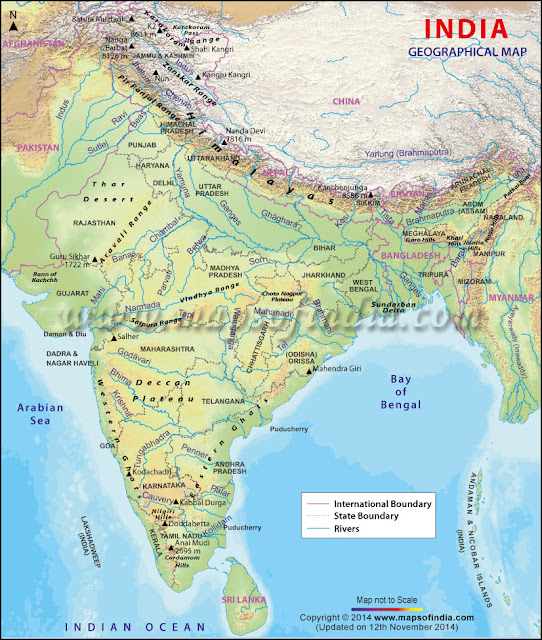HISTORY OF THE MOGHUL EMPIRE
ssc preparation, important competetion questions, current affairs of india, latest question asked in competetion papers,
HISTORY OF THE MOGHUL EMPIRE
HISTORY OF THE MOGHUL EMPIRE
| Babur in Kabul: 1504-1525 | ||
| Babur, founder of the Moghul dynasty in India, is one of history's more endearing conquerors. In his youth he is one among many impoverished princes, all descended from Timur, who fight among themselves for possession of some small part of the great man's fragmented empire. Babur even captures Samarkand itself on three separate occasions, each for only a few months. The first time he achieves this he is only fourteen. What distinguishes Babur from other brawling princes is that he is a keen oberver of life and keeps a diary. In it he vividly describes his triumphs and sorrows, whether riding out with friends at night to attack a walled village or mooning around for unrequited love of a beautiful boy. | ||
| Babur's 'throneless times', as he later describes these early years, come to an end in 1504 when he captures Kabul. Here, at the age of twenty-one, he is able to establish a settled court and to enjoy the delights of gardening, art and architecture in the Timurid tradition of his family. With a powerful new Persian dynasty to the west (under Ismail I) and an aggressive Uzbek presence to the north (under Shaibani Khan), Babur's Kabul becomes the main surviving centre of the Timurid tradition. But these same pressures mean that his only chance of expanding is eastwards - into India. | ||
| Babur feels that he has an inherited claim upon northern India, deriving from Timur's capture of Delhi in 1398, and he makes several profitable raids through the mountain passes into the Punjab. But his first serious expedition is launched in October 1525. Some forty years later (but not sooner than that) it is evident that Babur's descendants are a new and established dynasty in northern India. Babur thinks of himself as a Turk, but he is descended from Genghis Khan as well as from Timur. The Persians refer to his dynasty as mughal, meaning Mongol. And it is as the Moghul emperors of India that they become known to history. | ||

Comments
Post a Comment